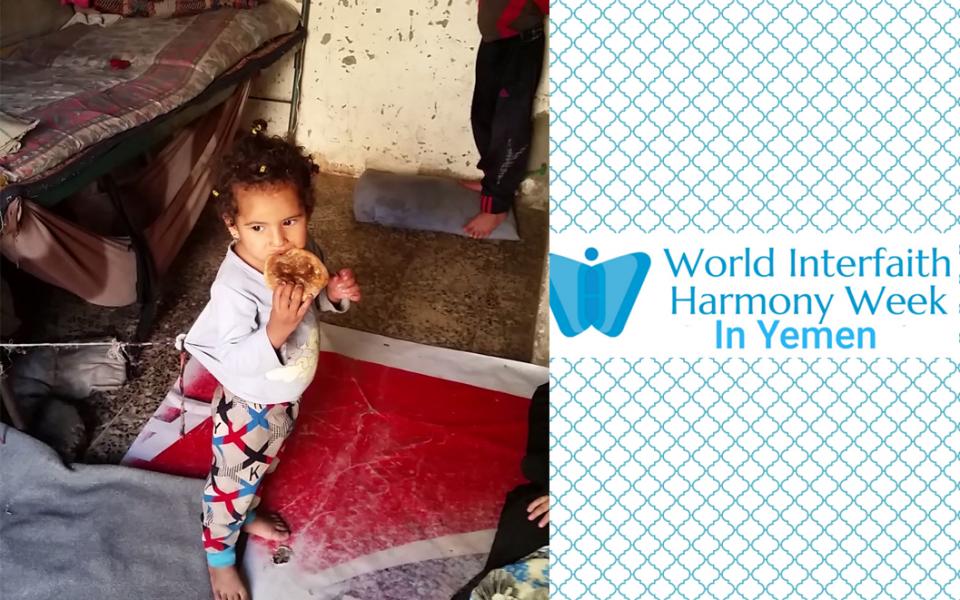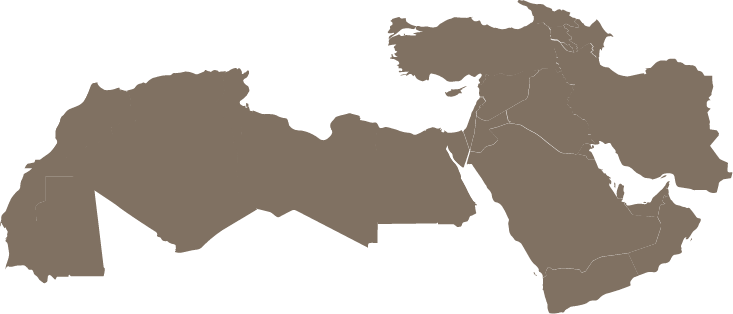
Yemeni society's experience with autism: To date, nearly 90% of Yemeni society still does not know what is autism and what is the best way to deal with the autistic child.
It is classified as a kind of intractable psychological condition or a kind of mental disorder. Ignorance, poverty, and the illiteracy rate (which is estimated at 40% of the total population, most of which are from rural areas) have had a significant impact on the culture of civil society in Yemen. Many families with a single child feel shame in their society, as they consider it a scandal or a lack of place for their family among the community. This situation varies depending on the type of child. The autistic male child is the least disadvantaged to the family in the eyes of society, but the autistic girl is the more disadvantaged and brings the most severe shame to her family.
Families try to hide their situation by resorting to locking their autistic children in the house and not allowing them to go out to the street.
They do not want their autistic child (especially female children) to mix with society, and some families tie up their autistic children with chains to the wall or to trees in the garden. They may restrict the child's to prevent escape or movement (autistic children in this case may not see the sun for years).
Yemen's delay in keeping pace with global development has led to a weak culture and education, and this is reflected negatively in all humanitarian fields, including the situation of children with autism. We have been working on an advocacy campaign for children with autism in Yemen since December 2017.
We have taken many steps to help save autistic children:
- We opened a center for autistic children in Sana'a and have worked to furnish this center with basic suppies and services. The center currently is taking care of 120 children and offers this service free of charge because of the situation and non-ability of poor families.
- We implemented six workshops for the parents of autistic children in order to raise awareness of autism and teach families how to deal with autistic children.
- We have celebrated World Autism Day, which falls on April 2, for the past two years
- We distributed autism medicines to 121 children in cooperation with Eretago International organization.
- This year, on the occasion of Global Harmony Week, we will conduct a large workshop that includes more than 44 people from the mothers and fathers of autistic children. The workshop will be held for three days, starting from March 1, 2020. We will educate the participants about autism and how to deal with autistic children so that they can improve. Learn more on our Facebook page.
